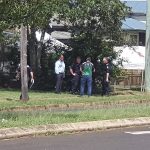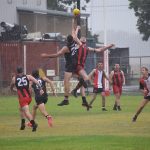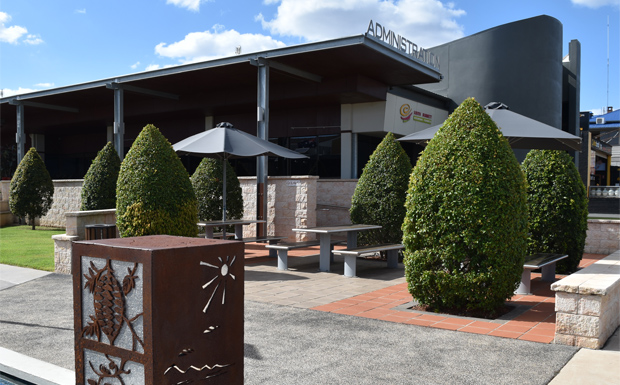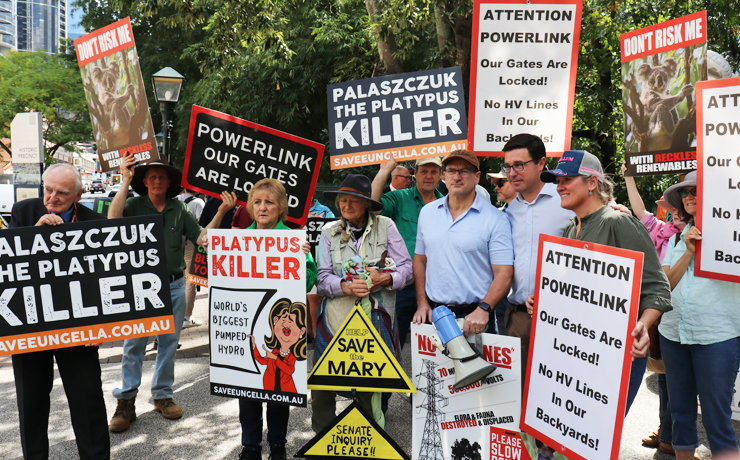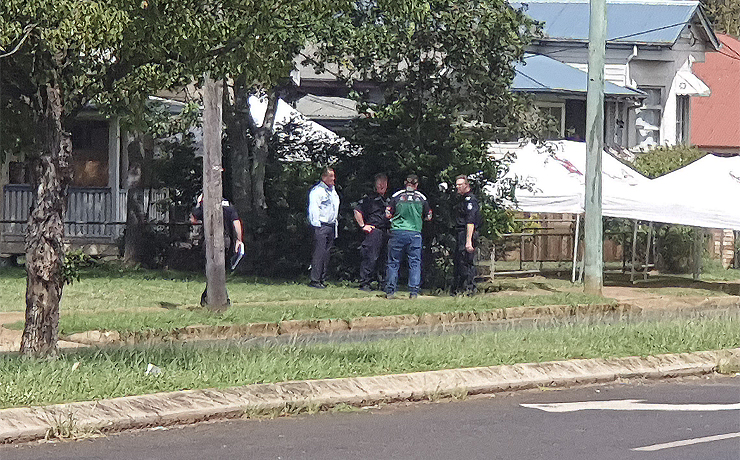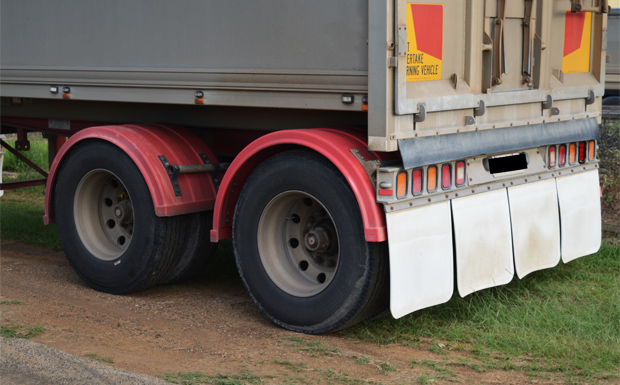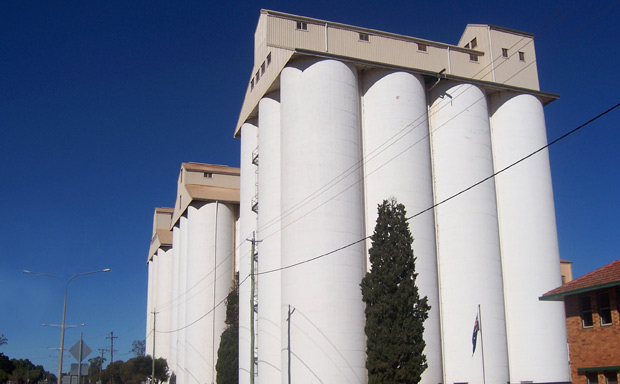

(Photo: PCA)
November 10, 2017
Bega Cheese looks set to take over ownership of Kingaroy’s iconic Peanut Company of Australia after launching a $11.9 million takeover bid for the company.
Bega, which is PCA’s largest customer, has offered to pay 83 cents per share.
It has already agreed to purchase a 19.99 per cent stake in the company for $1.9 million.
After the issue of placement shares, it will make a $10 million unconditional takeover bid for all the remaining shares in the company.
The National Australia Bank is PCA’s largest shareholder, following a $32 million debt-for-equity swap in August 2013 during which a NAB holding company acquired a large stake in the company.
NAB is understood to support the Bega bid, which has also been unanimously recommended to shareholders by the PCA Board “subject to the Independent Expert’s opinion and in the absence of a superior proposal being received by PCA”.
Ernst & Young Transaction Advisory Services Ltd has been appointed to prepare the independent report to determine whether the bid is fair and reasonable for PCA shareholders.
PCA CEO John Howard told southburnett.com.au the bid was great news for the peanut industry, for PCA staff, growers and customers.
“It’s providing a lot more certainty for PCA and for Kingaroy,” he said.
He said Bega Cheese and PCA had a similar culture and heritage, developing out of a growers’ co-op but still maintaining strong grower links.
Bega Cheese became PCA’s largest customer earlier this year when it announced on January 19 that it had acquired most of Mondelez International’s Australian and New Zealand grocery and cheese brands, including Kraft Peanut Butter, Kraft Sliced Cheese and Kraft Vegemite, for $460 million.
At the time of the Mondelez deal, Bega Cheese – which unlike PCA is listed on the ASX – had estimated annual revenues of $1.2 billion from its dairy operations.
This transaction was finalised in July and included the manufacturing facility at Port Melbourne where these products have been made for many years.
Bega’s licence to use the Kraft name will expire in December 2017, about the same time as the purchase of PCA is expected to be completed.
It is understood that Bega Cheese will continue manufacturing the former Kraft products under its own name, ie “Bega Peanut Butter” rather than “Kraft Peanut Butter”.
The PCA Board considers that the Bega bid, if successful, will facilitate business expansion opportunities and provide confidence to growers to expand plantings and increase production.
It follows Bega’s announcement last month that it was no longer interested in purchasing Murray Goulburn’s holdings, despite continuing media speculation.
Bega Cheese Executive Chairman Barry Irwin said the acquisition would help grow the supply of Australian-grown peanuts for the manufacture of peanut butter at Port Melbourne, as well as supply to other PCA customers.
“We have plans to increase the domestic supply of peanuts by working with farmers to expand peanut plantings and production,” he said.
“We have a long history of working with farmer suppliers in the dairy industry and we will apply that experience to the peanut industry.”
PCA Board chairman Ian Langdon paid tribute to the enormous contribution of CEO John Howard, his executive team and PCA employees.
“PCA has experienced significant financial challenges throughout the past decade,” Mr Langdon said.
“Despite these financial constraints, the PCA team has dramatically improved its processing operations, reduced costs, maintained the highest product quality and introduced a range of branded peanut products now appearing on retailers’ shelves, both nationally and internationally.
“However, PCA has been severely restrained by the lack of investment capital to capitalise on the opportunities available.”
PCA has been a part of Kingaroy history since 1924 when the former Peanut Marketing Board was formed.
During the past five years, it has accumulated a total profit of just $1.2 million, with bad seasons in 2013, 2015 and 2017 erasing most of the profits made in 2014 and 2016.
Related articles:







